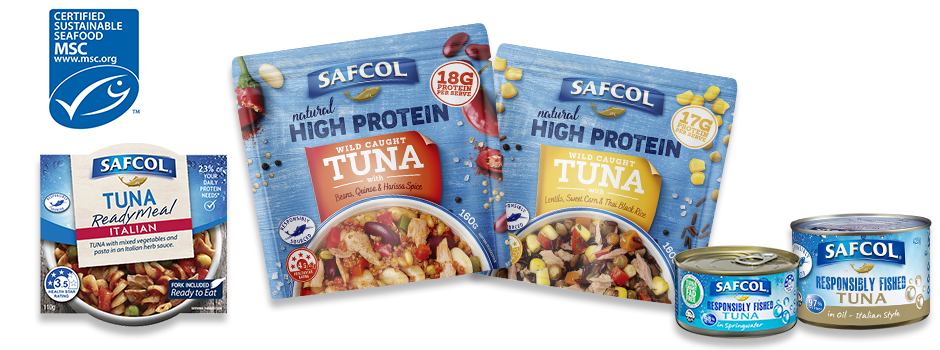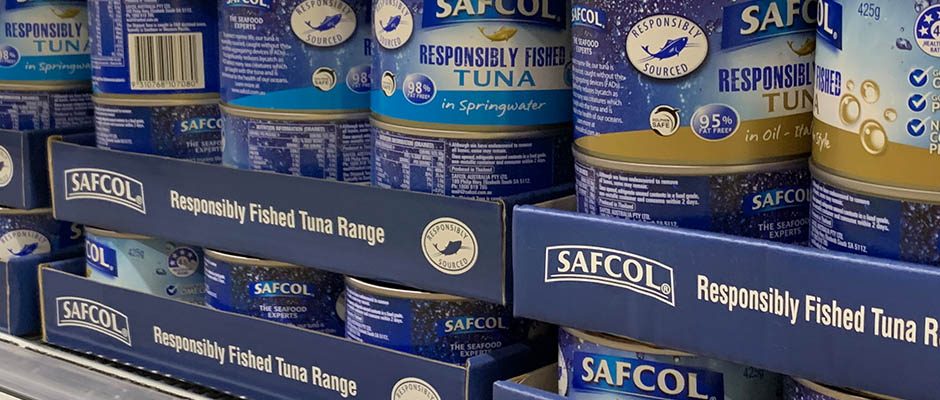by Ashleigh Feltham
Accredited Practising Dietitian and Accredited Nutritionist
If you walk past canned fish in your supermarket to the fresh because you believe canned is inferior in quality and nutrition, then you need to read on. This blog debunks four common myths about canned tuna which may not only save you money but also improve your health with a switch to canned seafood.
Myth 1: Canned Seafood is Not as Nutritious as Fresh Fish
This is a myth, canned tuna has more DHA, which is a part of the omega-3 fat which looks after the health of your brain, heart, arteries, and eyes. Look for tuna in spring water as this will remove any extra ingredients like added sugar and salt.
Myth 2: Canned Seafood is not as fresh
Another myth. The processing methods of canned tuna reduce the risk of listeria which is important if you are pregnant or have a compromised immune system.
Myth 3: Canned Seafood Has Added Preservatives and Additives
Preservatives are not needed or added in canned seafood like Safcol Seafood. The canned seafood is heated under pressure which kills all the microorganisms which can lead to food poisoning. Safcol Tuna can boast that the whole range uses the very finest and freshest tuna, with no artificial colours, flavours or preservatives.
Myth 4: Canned Seafood Has BPA
There is no BPA in Safcol Seafood canned products.
On top of this canned seafood like Safcol Seafood is a lot kinder on your wallet, keeps for two years or more and is a great source of protein that you can take anywhere to enjoy when needed.
Take home message
There is a jungle of information available at your fingertips and many myths about canned seafood. Be careful what you read and who you believe for your facts. Canned Safcol Seafood will provide your body with many health benefits and may make a lifestyle approach to health and wellness easier.

References:
- Maqbool A, Strandvik B, Stallings VA. The skinny on tuna fat: health implications. Public Health Nutr. 2011;14(11):2049-2054. doi:10.1017/S1368980010003757















Comments are closed.